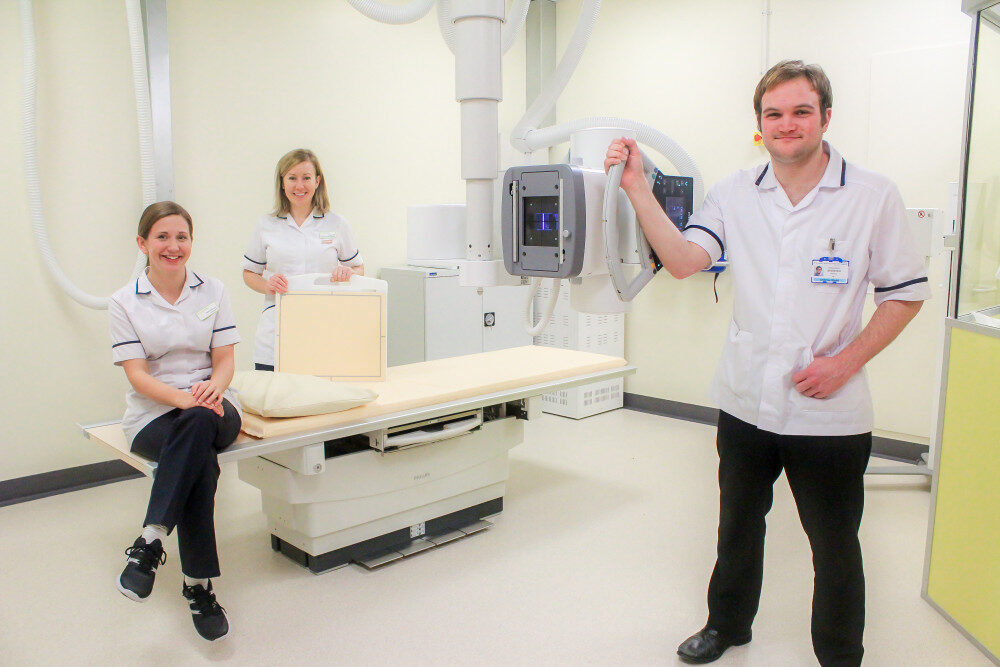Patients and visitors
Every year more than a 1.7 million patients and visitors come into our hospitals, wards and clinics. This section contains everything you need to know before, during and after your visit.

Patient resources
We publish a large number of patient information leaflets and resources across the whole range of our clinical expertise.
-
Is it an emergency?
Our A&E departments care for patients with serious emergencies and life threatening illnesses. If it is not an emergency please telephone 111 who will help you get the care you need.
-
Visiting times
Our general inpatient visiting times are between 2pm and 8pm, however all visitors are advised to check with the appropriate ward before making arrangements
-
Appointments
All you need to know about your appointments at Leeds.
-
Information for visitors
Helpful resources and advice if you are visiting someone in hospital.
-
Get involved
Find information on patient carer and public involvement, volunteering, fundraising, research and more.
-
Preparing to come to hospital
Coming to hospital can be a daunting prospect for anyone. But you can be assured that we will do our best to make your stay with us as comfortable and stress free as possible.
-
Help and support
Access a variety of information, help and resources on these pages
-
Make a payment
You are now able to make a payment to Leeds Teaching Hospitals NHS Trust online 24 hours a day, 7 days a week via our secure online payments service.
-
Private patients
We offer a range of services that are available privately.
-
Patient Safety Incident Response Framework
Every day more than a million people are treated safely in the NHS. Occasionally, things go wrong, or an unexpected event occurs. These are known as patient safety incidents.
-
Overseas patients
The Leeds Teaching Hospital NHS Trust is legally obliged to assess ALL patients’ eligibility to free National Health Services (NHS).
-
Armed Forces Community Patients
Information for patients from the Armed Forces Community.